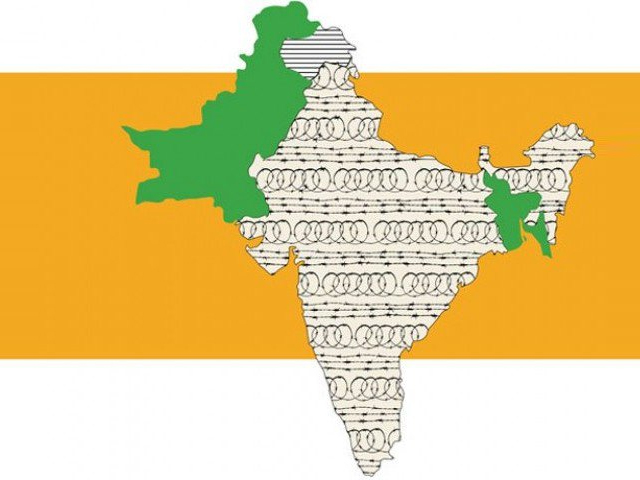
Since the past six months, it has become very difficult for me to work, Sindh IG tells court.
PHOTO: ONLINE
Why honest policemen can’t survive under the existing Sindh set-up
The chief minister told A D Khwaja to go home and appointed someone else in his place, someone who'd do as he is told.
The following is an old joke about the police in Karachi.
The police chiefs of London, Tokyo and Karachi were discussing how they tackle crime in their cities. The London police chief said,
“When a robbery occurs in my city, we solve the crime within 24 hours.”
The Tokyo police chief said,
“We catch the thieves within 12 hours.”
The Karachi police chief responded with,
“We cannot arrest anyone, as it’s our policemen who commit most of the crimes in Karachi.”
In 1984, I visited a police station in Karachi to see someone who had been arrested. As we were talking, the phone rang and the SHO picked it up.
“Yes, sir, we’ll do as you say, don’t worry, I’ll personally look after the boy. Sir.”
Then he said to me,
“That was a prominent politician, his friend’s son has been arrested for robbery and he wants me to make sure the boy is given VVIP treatment until he’s released on bail. And he orders me to do this even before the arrested man has been brought to my police station!”
Those who have had the misfortune of interacting with Karachi’s police officers say it is a harrowing experience. The policemen working in Karachi are not interested in preventing crimes; they are on the hunt for fast cash – a few million rupees by the end of the month would do nicely. Which is why, instead of stopping and searching the vehicles of criminals, they harass innocent motorists (particularly women, or those men who are accompanied by their wives and children).
So, rather than go to the police to report cases of theft and cell phone robberies, people prefer to remain quiet, because almost always the police are involved in criminal activities. The irony is that those police officers who are trained and capable of tackling criminals are used to protect the politicians who rule over the city like feudal lords. You can see at least a dozen mobile police vans guarding their palatial houses in the posh localities of Karachi, and holding up traffic when they or their sons are drive on the city’s roads at high speeds.
Obviously, scores of policemen in Sindh are activists of the political party which is misgoverning Sindh, a party whose leaders don’t care that the city is going to the dogs. What they don’t realise is that unless they improve law and order in the province, they may be voted out next year.
Therefore, it is necessary to have a police chief who is honest, efficient and determined to reform the police force. Such a man (A D Khwaja) was given to the province by the federal government, and he set about the task efficiently, beginning with appointing only those who were qualified and capable. Naturally, this was not liked by those in power, who want that only their favourites should be given jobs in government departments (which is why quite a few police officers in Karachi are former dacoits). So, without wasting time, the chief minister told IGP Khwaja to go home, and appointed someone else in his place, someone who would undoubtedly do what he is told, such as protecting the province’s criminals instead of arresting them.
The Sindh High Court has restrained the provincial government from removing Khwaja, but since no one likes to work in a place where he is not wanted, Mr Khwaja has asked the court to be relieved.
I know there is no sense asking the head honcho of the province why he is bent upon not having an honest police chief, but I would like to ask Mr Bilawal Zardari the following,
“Don’t you want Sindh to be a well-governed place where there is no crime and the people are happy? If you do, and if you believe that it’s the duty of the government to maintain law and order, why don’t you raise your voice against the removal of Mr Khwaja?”




COMMENTS (19)
Comments are moderated and generally will be posted if they are on-topic and not abusive.
For more information, please see our Comments FAQ